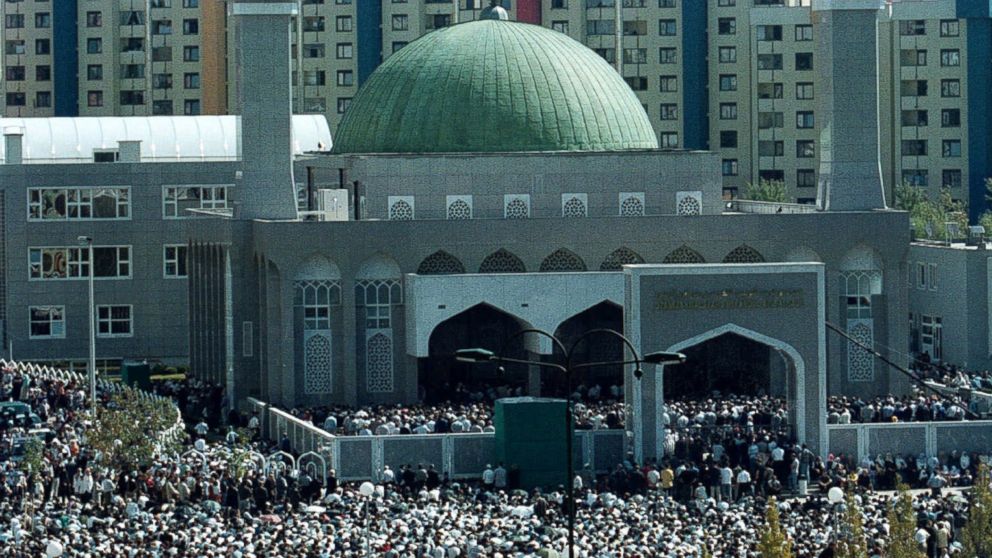ISIS in Iraq, Syria Recruiting Foreign Fighters from Balkans
Balkan Muslims are uniquely positioned to fight with ISIS in the Middle East.

— -- Kosovo’s intelligence agency rescued an 8-year-old boy last week from Syria, where his father had taken him six months earlier so that he could join the Islamist extremist group ISIS there.
“This is the greatest day for me. I hope that no mother will live my destiny,” the boy’s mother, Pranvera Zena, told reporters at the Pristina airport once she was reunited with her son, Erion.
Unfortunately for Zena, many Balkan Muslims besides her have been living this reality. As more and more men flock to Iraq and Syria from the former Yugoslavia, which while mostly moderate in its Islamic traditions, has a unique political and religious history that has proven fertile ground for extremist ideology – and ISIS recruits.
Khorasan: US Averts 'Active Plotting Against Homeland' By Hitting Al Qaeda Cell in Syria
Somewhere between 200 and 600 fighters from Balkan nations including Bosnia, Serbia and Kosovo have traveled to Syria since 2012, according to a June study by the Combating Terrorism Center, a research institution at West Point. That’s compared with the 100 Americans believed to have joined ISIS and other militant groups there.
Last month, the State Department designated two Balkan fighters, one Kosovar Albanian affiliated with ISIS and one Bosnian who fought with al-Nusra, another extremist group, as terrorists, imposing economic sanctions on them and any Americans who associate with them.
Those fighters’ home nations are taking the threat they pose seriously: Bosnia passed a law this year that throws convicted Islamists and recruiters in prison for up to 10 years, and arrested 16 people in September on such suspicions, while Kosovo, which arrested 55 Islamists, and Serbia, which charged five jihadis, both earlier this month, are also considering strengthening their anti-terrorism laws.
While the majority of Balkan Muslims observe a unique form of Islam that combines traditional and non-Islamic practices, there is a small but potent strain of extremism that traces back to the 1930’s, when Alija Izetbegovic, later the president of Bosnia, formed a Muslim Brotherhood-style political group, said Balkan expert Gordon Bardos.
Later in the 1990’s, the mujahedeen guerilla fighters who had just finished fighting the Soviets in Afghanistan were looking for a new battleground and found it in the Balkans, where Bosnian Muslims were fighting Serb and Croat forces.
“The serendipitous thing from [the mujahedeen] perspective was the war on Bosnia literally started just a few weeks after things died down in Afghanistan,” Bardos said. Many of the surviving foreign fighters from that war remained in the Balkans and helped set up Islamist communities like Gornja Maoca in Bosnia, where Mevludin Jašarevic, a Serbian who was convicted for a 2011 attack on the US embassy in Sarajevo, lived. The June CTC report found that 18 individuals associated with that community alone had traveled to Syria.
The Balkans have also been heavily influenced by nations including Saudi Arabia, Turkey and Iran, each trying to out-influence the other by spending more and more money on mosques and religious schools in the region.
In a 2008 report, Bosnian investigative journalist Esad Hecimovic found that the Saudis spent 2 billion riyals, about $500 million, to reconstruct and build new mosques in Bosnia alone from 1992-2001. More and more Balkan clerics around that time also began to go to the Middle East for their religious training, becoming steeped in austere forms of Islam like Saudi Wahhabism.




